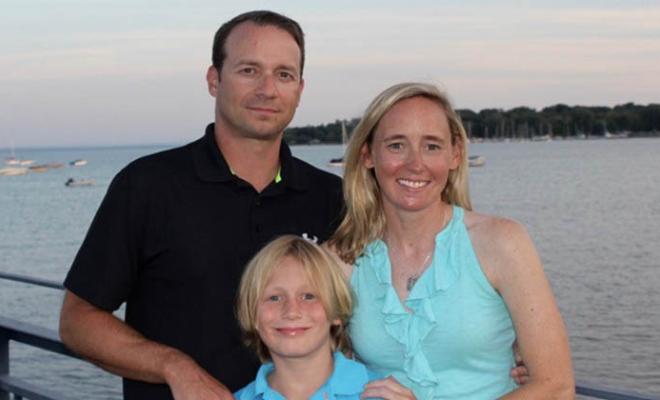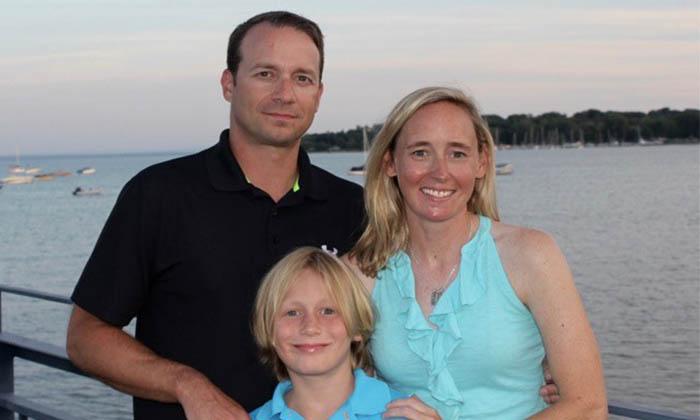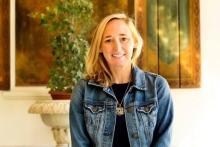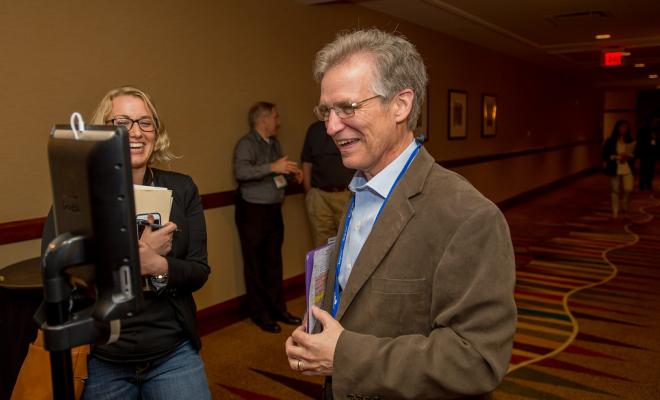I used to think that most people with cystic fibrosis around my age had the same general experience growing up with CF: diagnosed in the first few years of life; on a regimen of antibiotics, airway clearance and enzymes and maybe a tune-up or two every year.
I also thought that we had the same outlook: acutely aware of the realities of CF, yet still hopeful for a cure.
That was kind of the way it was before the gene was discovered in 1989. We didn't know about our CF mutations and disease modifiers. We were all just CF patients.
Today, we know whether we have F508del, G551D or other mutations. We are pre-transplant, post-transplant, double transplant or living-lobe transplant. Some of us use Kalydeco® or Orkambi®. We have CF-related diabetes, arthritis, depression and other complications.
As treatment options grow, so does the number of adults with CF. For the first time in the history of our disease there are more adults with CF than kids with CF. We are an incredibly diverse community with a full range of experiences and interesting life paths. As the chair of the Adult Advisory Council (AAC), I have gained further insight into the challenges that confront adults with CF.
As people with CF get older, so does the complexity of their disease and the complexity of everyday life.
Adults with CF are faced with so many different choices. Some are big life questions: Work or not work? Kids or no kids? IVF, adoption or surrogacy? Social Security Disability Insurance or Medicaid? Lung transplant or no transplant? Some are day-to-day decisions: Should I go to my friend's wedding even though someone else with CF will be there? Should I fly on an airplane during flu season? Should I go to this concert even though I am already worn out?
The question that is always the loudest for me: Am I living a meaningful and productive life?
Three years ago, a group of adults with CF led by Piper Beatty Welsh and Jennifer O'Mahoney joined forces to help the CF Foundation understand more fully the unique challenges that the adult CF community faces each and every day. From a series of very meaningful conference calls, the AAC was born.
The charge of the AAC is to convey the hopes, needs and aspirations of the adult CF community. The Council will address the unique challenges and circumstances for adults by:
- Tapping into the strengths and expertise of the community
- Fostering a community by engaging adults with CF
- Providing input to the Foundation on key projects and resources
This charge ensures that the Foundation stays true to its mission of providing all people with the disease the opportunity to lead full, productive lives.
Our work as a council led to the formation of the Community Partnerships department at the Foundation. We have helped start a formalized Peer-to-Peer Mentoring Program, which is being piloted in 12 CF care centers, with more to come. We have worked with the Foundation's local chapters to find more ways for adults with CF to get involved at the local level.
We also have helped shape content on CFF.org and are working on a project to connect the adult CF community virtually.
I am so grateful for my time on the AAC because it has given me the chance to know -- through our video conference calls -- some of the most inspiring people. Through their stories I have been able to better understand the strength and diversity of the adult CF community.
I know that each person with CF has his or her own unique path. CF is a snowflake disease. Each person has a different yet equally inspiring and beautiful story. Together we have changed the face of this disease.
The CF Foundation is completely dedicated to ensuring that each person with CF has the opportunity to lead full and productive lives, and the AAC promises to help lead the way. If you have an idea that you want the AAC to pursue, please email me at kcwhitecff@gmail.com. We would love to hear from you!






